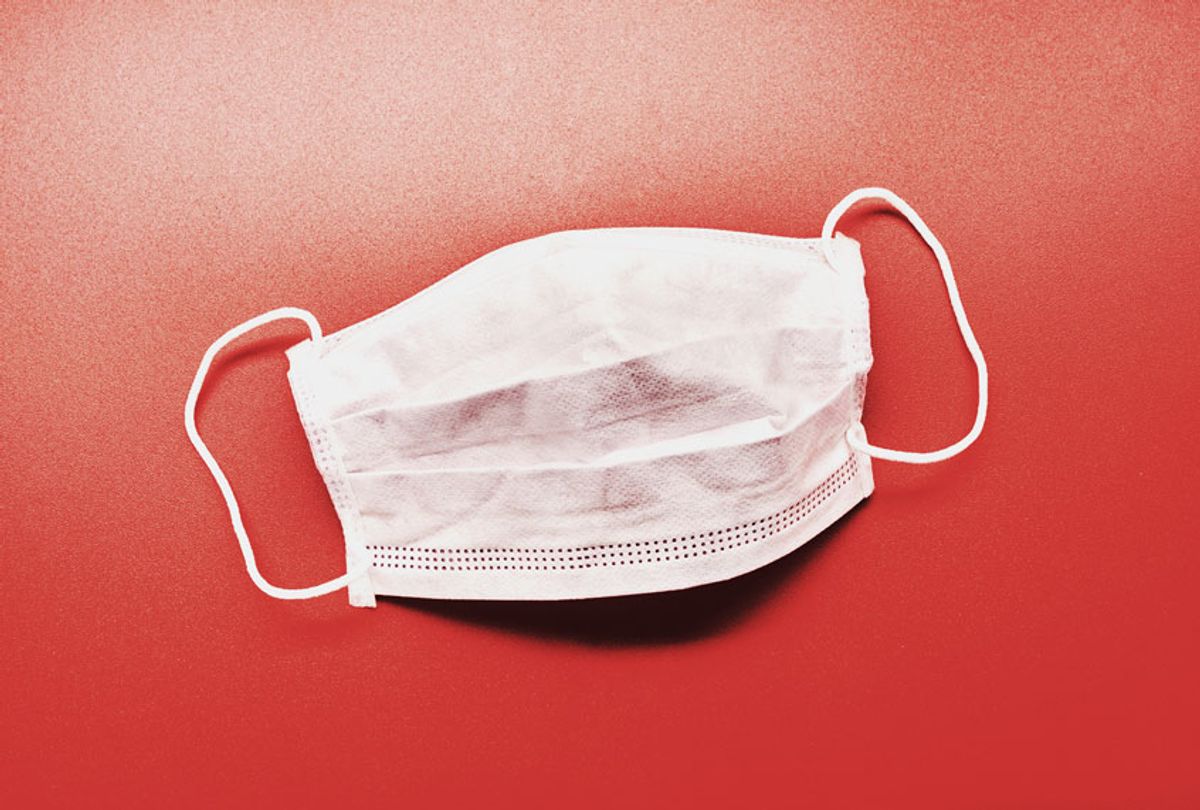Every time there is an epidemic, unscrupulous individuals inevitably appear, seeking to profit off of it. History bears this out: tonics with supposed healing powers have been around for hundreds of years. Most famously, Stanley's Snake Oil Liniment developed by Clark Stanley, the Rattlesnake King, marketed in the late 1800s until 1916, was sold as a cure to many ailments, until it was determined by the Food and Drug Administration to have no medical value. Now scammers have more modern tools to promote and market fraudulent products — including email/phishing, robocalls, and social media. Uncertainty, perceived scarcity, and fear are innate to the COVID-19 pandemic — hence, very unsurprisingly, there are already many reports of scammers attempting to profit from it.
Psychologically, these scammers are employing well-known tactics to lure consumers — perhaps foremost among them, the principles of scarcity and authority. Indeed, we perceive items that are scarce to be more valuable. As a marketing tactic, scarcity is used by legitimate vendors all the time ("only one seat left!", "sale ends today!") to motivate consumers to purchase their items. However, perceived scarcity and actual scarcity of some items (such as toilet paper) have created outsized demand. Scammers can capitalize on these fears by marketing fake products, price gouging, or not sending any product at all.
Likewise, many scammers make use of the perception of authority to abuse consumers. Often consumers look to a brand, website, or influencer that they trust when making decisions around purchasing items or acquiring and acting on information regarding a crisis. Scammers frequently impersonate a legitimate website or brand, or in some cases co-opt the authority of others (posting a bogus ad on actual Facebook or Amazon) and profit until they are caught. Together, scammers are taking advantage of what Nobel-winning economist Daniel Kahneman describe as "system one thinking" — that which is automatic, fast and emotional.
Indeed, under conditions of heightened or deep uncertainties, reverting to system one processing is typical. Hence, for scammers, if people do not read ads carefully (meaning, study the URLs), if consumers do not pay attention to peripheral information (such as spelling mistakes), or if the public's fear for the pandemic overcomes reasoning (such as feeling the need to stock toilet paper), they are more likely to fall prey to scammers. Consumers should be aware that they have the luxury to Google and check the legitimacy of the website — a key tool in reducing the likelihood of falling prey to scammers. Misinformation and biased media coverage are often the source of fear and panic, so do not forget to take the time to fact check.
Below are several types of scams to look out for; this list will grow over time as additional scams are discovered. You can also refer to the Baker Fraud Report and News Guard or additional information around the legitimacy of particular sources of information.
- Fake cures or treatments. At present, there is no cure for the coronavirus. However, that has not stopped scammers from claiming to have found a cure. The main ingredient in these fake cures is often colloidal silver, which the FDA has warned is not safe or effective. Most notably, Alex Jones has been reported to be marketing colloidal silver-containing toothpaste, dietary supplements, and creams to cure the coronavirus. The Silver Edge company hawks a "Micro-Particle Colloidal Silver Generator," which they claim beats the coronavirus. These products, developed by Dr. Sherrill Sellman, were being marketed on the Jim Bakker Show. Currently there is a cease and desist order to Alex Jones from the New York Attorney General Office.
Similarly, a religious convention in Phoenix scheduled for April 9 bills itself as offering "supernatural protection" from the coronavirus. Yet these kinds of big gatherings would actually increase risk to disease, given that they gather people in large groups.
-
Bogus ads and bogus products: Highly scarce items such as face masks led to a large number of fake ads (no product sent or product switched after purchase) on Facebook and Amazon. Facebook has actually banned ads marketing face masks on their platform because of the high number of scams.
-
Price gouging: In our home region, the Los Angeles area, toilet paper was being posted on Amazon for over $300 for an 18 roll package. Amazon has pulled more than 1 million products for price gouging and false advertising. Consumers should be wary of third-party vendors with inflated claims or special access to scarce products. These offers have moved to Snapchat and Instagram.
-
Phishing emails: Phishing emails including those pretending to be from "the CDC" and "WHO" use the imprimatur of authority to trick consumers into clicking a link to install malware or making a fraudulent bitcoin payment. Consumers should check in with a family member or trusted other before responding to unsolicited emails. They may also want to examine the complete email address and refrain from opening emails if the address is unfamiliar.
Unfortunately, the Coronavirus will be with us for some time. These scams will likely evolve over time and become more elaborate, possibly including fake vaccinations, charity frauds, work-at-home schemes, biotech investment schemes, and online learning opportunities for children stuck at home. All consumers should be wary, and sadly we predict older consumers will be particularly targeted given the increased risk. Though easier said than done right now, taking the time to carefully read ads, examining their legitimacy, being hyper-vigilant, and staying calm can be helpful during this uncertain time.
David Hengerer served as a research assistant for this article.



Shares